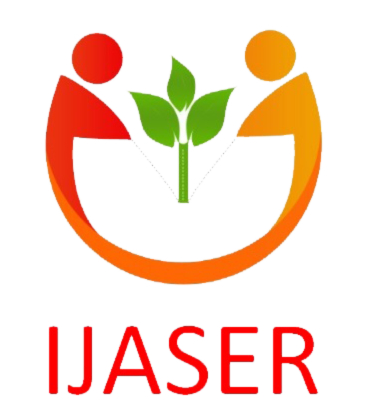| Title: EFFECT OF FEEDING MEXICAN SUNFLOWER LEAF FEED ON GROWTH PERFORMANCE AND CARCASS CHARACTERISTICS OF COMMERCIAL BROILERS |
| Authors: Namusoke Margaret Yekosabeth, Richard Mwirumubi and Anthony Mugisha |
| Abstract: There is increasing demand for poultry products globally; however, the feed costs are so high covering over 80% of total costs of production. Present research investigated the growth performance and carcass characteristics of commercial broilers feeding on inclusion of Mexican sunflower leaf feed (MSLF) as an inexpensive alternative feed. Two experienced farmers were identified and selected and each allocated 420 chicks that were fed on varying levels of MSLF up to the point of sale. Data on growth performance and carcass characteristics were collected and analyzed. Results showed that average final body weight (AFBW), average weight gain (AWG), and average feed conversion ratio (FCR) were significantly different. Significant reduction in the AFBW of broilers was as well observed as the inclusion rate of MSLF increased from 0 to 12% with MSLF12 recording the lowest (436.70g). MSLF0 recorded the highest weight gain (1208.63g) whereas MSLF12, the lowest (394.17g). Results further showed a steady reduction in feed consumption (FC) across various rates of MSLF. MSLF0 expressed the highest (120.39g). FCR was highest for MSLF12 (0.24). A significant difference (P >0.05) among the various inclusion rates was noted for slaughter and carcass weights. MSLF8 was significantly lower and different when compared to MSLF0, MSLF1, MSLF2 MSLF3, and MSLF4 for slaughter weight. The slaughter and carcass weights of birds fed 0%, 1%, 2%, and 3% MSLF diet were higher than those fed on 4%, 8%, and 12% MSLF. In conclusion, growth performance and carcass characteristics and cut portion yield are significantly reduced with increasing inclusion rate of MSLF. Inclusion rates of MSLF3, MSLF2, and MSLF1 are the most optimum and can be used without affecting performance of broilers. |
| Keywords: Mexican sunflower leaf feed, inclusion rate, growth performance, carcass characteristics and cut portion yield. |
| DOI: https://doi.org/10.52267/IJASER.2023.4402 |
| PDF Download |
International Journal of Applied Science and Engineering Review (IJASER)
ISSN: 2582-6271 An Open-Access E-journal
